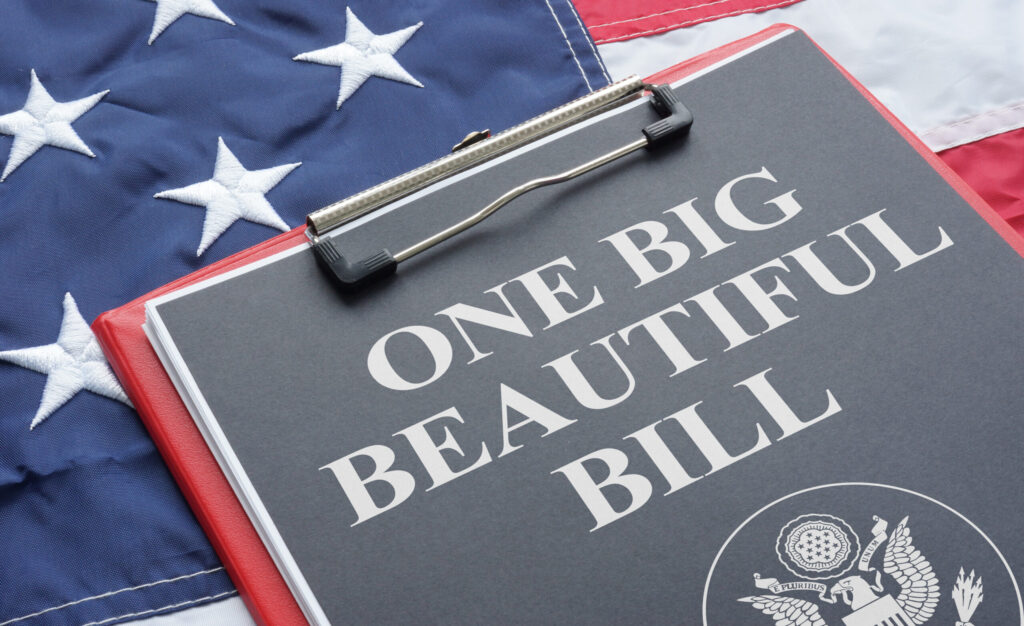Understanding the OBBB’s Impact on Charitable Giving
On July 4, 2025, the One Big Beautiful Bill (OBBB) was signed into law, ushering in sweeping changes to the U.S. tax code. While the legislation touches nearly every corner of tax planning, one area of particular importance to many of our clients is charitable giving. The new rules, which begin to phase in starting in 2025 and 2026, will influence how individuals approach their philanthropic strategies.
Below, we break down the most important provisions affecting charitable contributions and what they could mean for you.
A New Deduction for Non-Itemizers
Beginning in 2026, taxpayers who do not itemize deductions will be able to claim an above-the-line deduction for charitable gifts:
- Up to $1,000 for single filers
- Up to $2,000 for married couples filing jointly
This is a significant change, as historically only itemizers could deduct charitable donations. However, this benefit applies only to cash contributions to public charities and excludes gifts to donor-advised funds and private foundations.
AGI Floors and Deduction Caps for Itemizers
For those who continue to itemize:
- Starting in 2026, charitable gifts will only be deductible once they exceed 0.5% of Adjusted Gross Income (AGI). For example, with an AGI of $200,000, the first $1,000 of contributions would not count toward a deduction.
- Additionally, the maximum tax benefit for itemized deductions is now capped at 35%, even for taxpayers in higher brackets. This effectively reduces the value of charitable deductions for many high-income earners.
New Tax Credit for Scholarship Donations
In 2027, a new provision allows donors to receive a dollar-for-dollar tax credit—up to $1,700—for contributions to Scholarship Granting Organizations (SGOs). Unlike deductions, this credit directly reduces tax liability and may encourage increased support for education-focused nonprofits.
What This Means for Donors
The OBBB presents both challenges and opportunities:
- Non-itemizers now have more incentive to give, even at modest levels.
- Itemizers, particularly high-income households, may find less tax benefit in traditional giving strategies and may want to consider bunching contributions, gifting appreciated securities, or establishing charitable trusts.
In Summary
While philanthropy is rarely driven by tax benefits alone, understanding the rules is critical to making the most of your generosity. At B&C Financial Advisors, we believe charitable giving should remain a central component of a thoughtful financial plan, and these changes make proactive planning even more important.
If you have questions about how the OBBB may affect your charitable giving—or want to explore strategies to maximize both your impact and tax efficiency—please reach out to our team.

